Identity on the Internet is a very worth mentioning topic.As we all know,people are made up of various information symbols,but these symbols can change at any time.Goffman(1)identified that“A status,a position,a social place is not a material thing to be possessedand then displayed; it is a pattern of appropriate conduct,coherent,embellished,and well-articulated.”It identified our norms and values also constructed our identity.This talk that I put up here explains this very well
In this way,identity construction on social media seems to become less easy.In other words,who we are on social media can be vastly different from who we actually are.Are the posts we make on social media truly representative of who we are? For me, the answer is no.In this blog post,I want to explore this idea by using my own example when I use different media platforms.
As a global social software,Weibo has nearly 600 million monthly active users.However,my registration information in this app is not completely true.I reckon it’s understandable that I don’t really want everyone to know how old I really am.Besides,I tend to post positive things such as meals and relaxing events about myself on Weibo rather than negative complains.Sometimes I want to make others think that I’m perfecthttps://thespin.medium.com/why-do-you-want-to-be-a-prefect-8cfd326c05a5, People are more inclined to show their good side to the public, through the media, this characteristic is more likely to be exaggerated.What’s more, I put “widowed” in the emotional status section of my Weibo profile, because I think such private information should not be made public, so there is no doubt that my Weibo personal information can be said to be completely distorted.
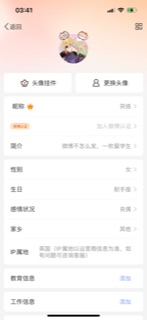
Based on Alice Marwick’s idea,the ideal targeting audience will also effect the content we constructed ourselves.While reality is shaped by “here” and “now”(2),still take me for example, most of my Wechat friends are the same age with me, so I’d like to posts some casual contents with a lot of funny memes to make me look humorous and kind. It is clear, however, that what I publish does not constitute the whole of who I am-it is only a tiny fragment of who I am.
As media can be seen as another world ,we who are active on different platforms are many versions of ourselves in another world. On Weibo, I live a high quality life, on wechat, I am funny, and on Little Red Book, I am emotional. On these software, my identity image is very fragmented, and even there is false information. These identities cannot represent “me”.And this situation may not seem good, but it is inevitable.Would the problem improve if online platforms were more secure? I hope to see the answer to that one day.
- REFERENCES
- Erving Goffman -The presentation of self in everyday life
- The mediated construction of reality

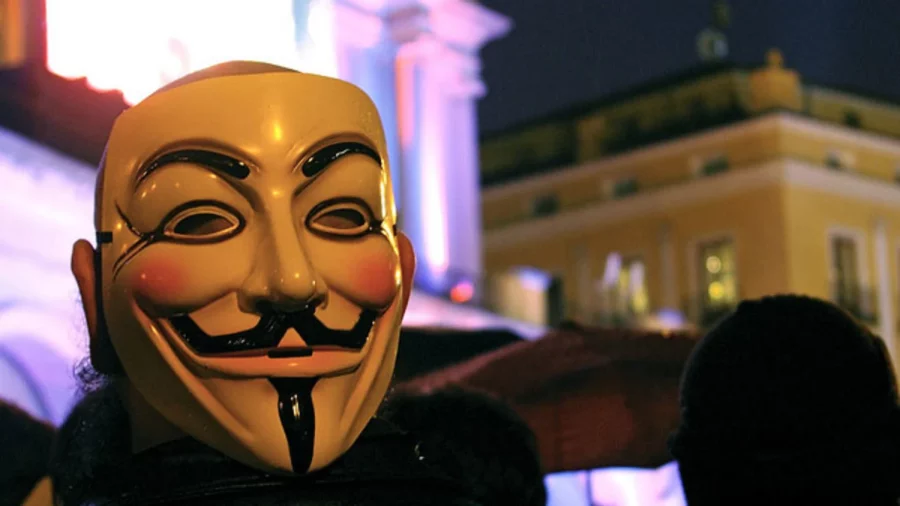
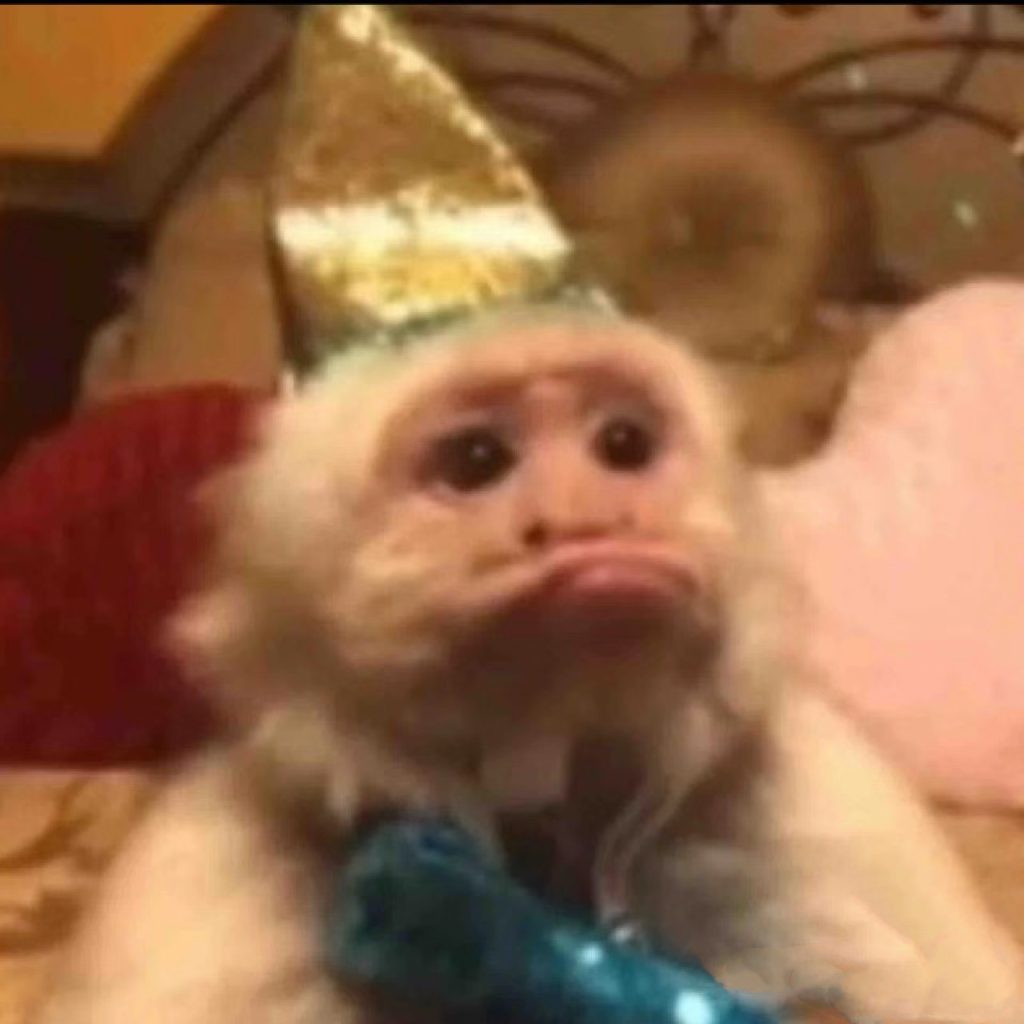
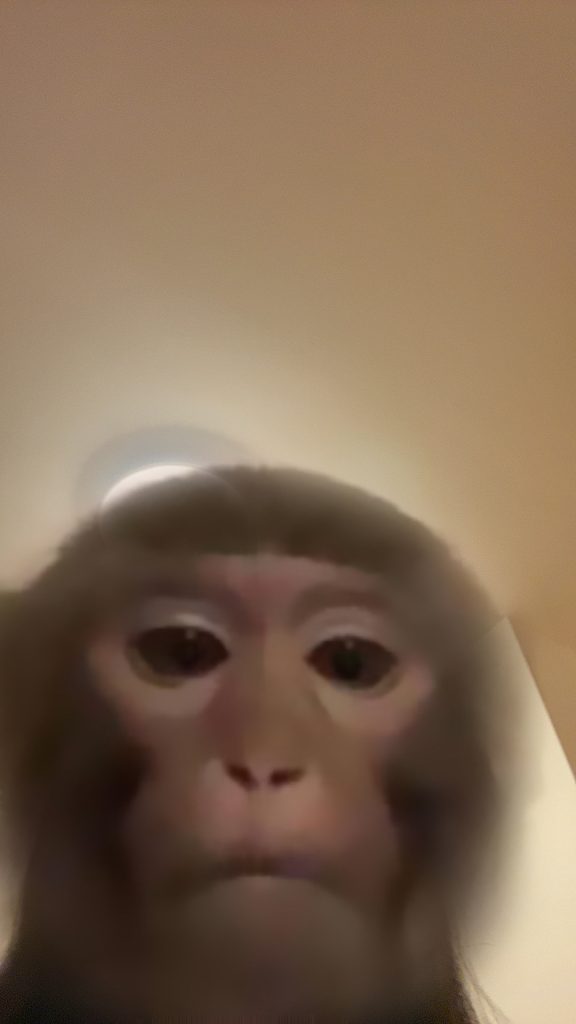
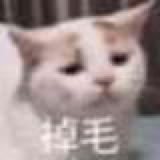
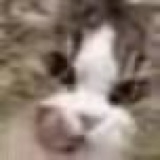
Hi, Sinan! After reading your blog, I want to ask, how much influence does false information have on people’s judgments?
The anonymity of information and the relative freedom of speech on the Internet give people the opportunity to construct multiple identities. However, they also increase the risk of “losing oneself” and receiving false information. I think perhaps there should be a blurred line between the virtual world of the Internet and the real world, and we should find a balance between the two.